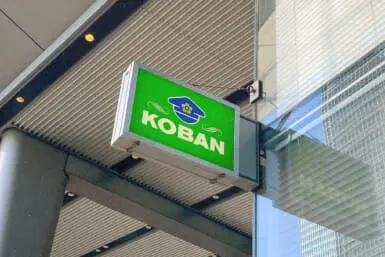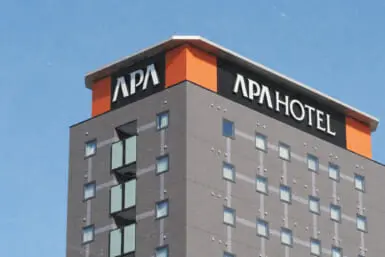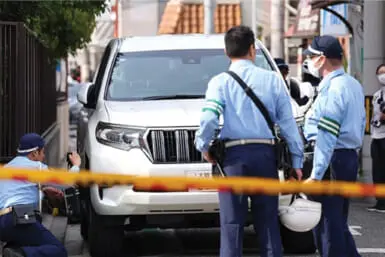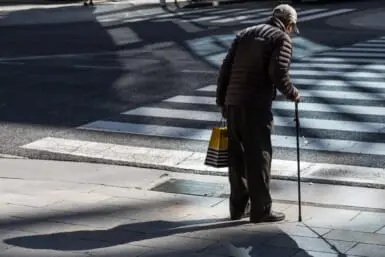India plans to provide free medicine to the 65% of the population without access to essential drugs. The government will allocate RS266.7 billion ($4.85 billion) for the ambitious plan, according to the Financial Times.
The programme will expand the number and type of drugs that would be prescribed to more than half of its 1.2 billion population in rural areas. Doctors are currently banned from prescribing branded drugs that are more expensive.
The health programme will be set up between late 2012 and 2017, if the Planning Commission approves the policy. But with the looming fiscal deficit estimated at 5.9%, many are worried whether the government can pull it off. Charan Wadhwa, an economist at Delhi’s Centre for Policy Research, told the Financial Times, “The issue is whether they can sustain the fiscal deficit it may create – one should first have the resources then talk of allocation.” He also added that mismanagement of the programme can lead to black markets.
The programme, nonetheless, could alleviate financial burden of medicines to India’s poor. More than 800m Indians are living on less than $2 a day. According to Oxfam, 40% Indians have to borrow money for hospitalization, while 23% opt not to seek medical attention because of the costs.









